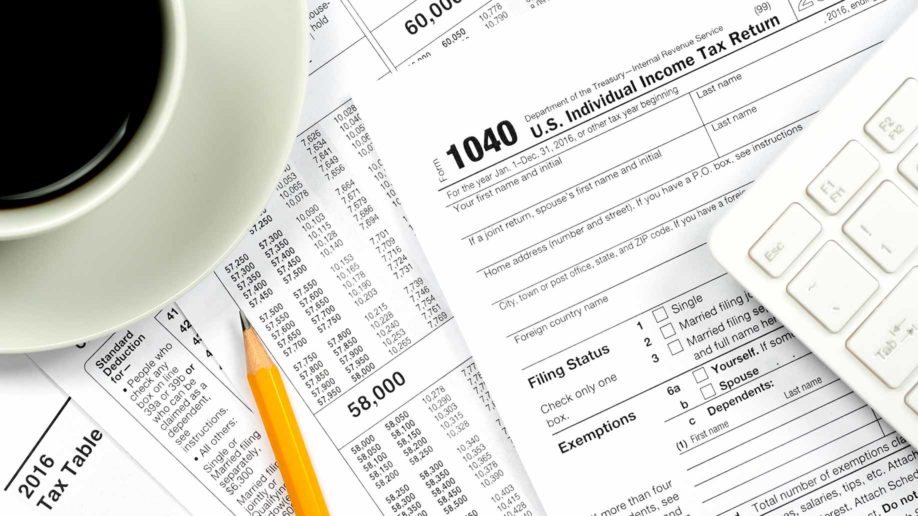 “Congress, Congress! Don’t tax me, tax that fellow behind the tree.” This 1930s ditty reflects the sentiments of most Americans today as Congress once again tries to simplify and reform the 74,608-page Federal Tax Code and Federal taxes. Their task is particularly challenging since about 40% of citizens feel that they pay more than their fair share, according to Pew Research. The groups that don’t pay enough include corporations (80% agree), wealthy people (78% agree), and poor people (40% agree).
“Congress, Congress! Don’t tax me, tax that fellow behind the tree.” This 1930s ditty reflects the sentiments of most Americans today as Congress once again tries to simplify and reform the 74,608-page Federal Tax Code and Federal taxes. Their task is particularly challenging since about 40% of citizens feel that they pay more than their fair share, according to Pew Research. The groups that don’t pay enough include corporations (80% agree), wealthy people (78% agree), and poor people (40% agree).
Overall, 56% of Americans feel that the existing system is either not too fair or not fair at all. But how exactly does the Federal tax system work? Is it truly unfair?
Here’s Everything You Need to Know About Taxes and Fairness
To answer the question “Is the U.S. tax system fair?” we must first explore:
- The Necessity of Taxes. The American colonists’ complaint of “no taxation without representation” was misleading. According to historian Richard T. Ely, “One of the things against which our forefathers in England and the American colonies contended was not against oppressive taxation, but against the payment of taxes at all.” For decades, the American government relied on excise taxes, tariffs, customs duties, and public land sales. Are income taxes necessary?
- Our Current Tax System. What taxes do Americans pay? According to one blog, Americans pay 97 different taxes each year. We pay taxes on the income we earn, the property we own, and the goods and services we buy. The government taxes gifts we make to others, assets we leave to our families, bad habits in which we indulge, and ill-gotten criminal gains. Who are the winners and losers of America’s existing tax system?
- The Difference Between Statutory and Effective Tax Rates. Misperceptions complicate understanding and agreement – especially those surrounding the Federal tax system. A 2017 poll found about a third of Americans claim to understand a “fair” or a “great deal” about U.S. tax policies but are unable to reach agreement on basic facts, such as whether the average Federal income tax rate is higher or lower than other Western democracies. This lack of understanding fosters disagreement about policy and complicates reform efforts.
- The Definition of Fairness. John Stuart Mill, in his “Principles of Political Economy,” wrote, “If anyone bears less than his fair share of the burden, some other person must suffer more than his share, and the alleviation to the one is not, on the average, so great a good to him as the increased pressure upon the other is an evil. Equality of taxation, therefore, as a maxim of politics, means equality of sacrifice.” Should taxes be proportional or progressive? Are they solely a revenue source or a method of social justice and income redistribution?
The complexity of the tax code, the machinations of those with special interests, and the sheer scope of administering, paying, and collecting taxes promotes misunderstandings, myths, and even malevolence about the role of taxes in society and the character of those charged with their administration.
Read more . . .

